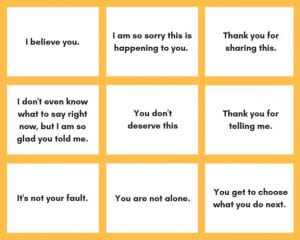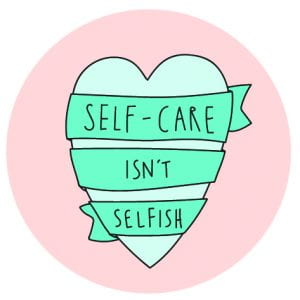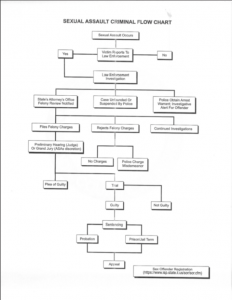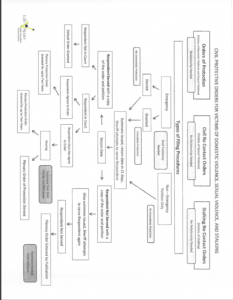Last week, we talked about mental health and why it is important. This week we are expanding more on mental health by talking about the prevalence of mental health disorders, the stigma that surrounds these disorders, and what we can all do to support the mental health needs of ourselves and others!
Let’s begin by looking at a few numbers. The National Institute of Mental Health has found that nearly 1 in 5 American adults live with a mental illness. However, 7.7 billion adults have both mental health disorders and substance use disorders, which is known as Co-Occurring Disorders (National Institute on Drug Abuse). Shockingly enough, the National Institute on Drug Abuse found that only 9.1% of those with co-occurring disorders have received treatment for both disorders and 52.5% have not received any treatment at all.
While mental illness is not uncommon, there is still stigma surrounding these disorders. There are many factors that contribute to mental health stigma. Let’s examine a few:
Language: Simply put, the language we use has an impact. The words we say and the way we use these words reflect our ideals and beliefs. Therefore, if we use stigmatizing language (such as the words “crazy” or “psycho”) as insults, it generally implies that those that struggle with mental health are not good people, when that is clearly not the case.
Lack of awareness and education: Not only does lack of education make it hard to recognize when one might need help, but it also helps contribute to the misconceptions that surround those with mental illness and substance use disorders.
The idea of “normal”: With the lack of accurate representation of mental health and substance use disorders in the media, it can create the illusion that it is not normal to struggle with mental health. However, the statistics that have been presented previously in this post show that struggling with mental health is not uncommon.
With all these factors that keep the stigma going, there is one thing we can all do to help erase this stigma- be active bystanders. Being an active bystander can look like many different things. It could look like politely correcting a friend after they used stigmatizing language. Or it could look like educating yourself by listening to what those that have mental health struggles have to say and believe it. Or it could simply be not judging someone who you suspect is struggling with substance use. Different people have different levels of comfortability and different ways of interacting with others, so it is okay to do whatever it is you need to do to be an active bystander. The best thing you can do is something.
Before we provide you with some resources, let’s take a moment to see what DePaul community members in recovery have to say about mental health, substance use, and recovery:
As you can see, recovery and mental health take a bit of effort, but this effort is worth it. It can be especially helpful to know that you are not alone in dealing with mental health struggles. If you are looking for more support, here are some great places to get you started:
DePaul Resources:
- Office of Health Promotion and Wellness
https://offices.depaul.edu/student-affairs/about/departments/Pages/hpw.aspx
- Collegiate Recovery Community
- University Counseling Services
https://offices.depaul.edu/student-affairs/about/departments/Pages/ucs.aspx
- Center for Students with Disabilities
https://offices.depaul.edu/student-affairs/about/departments/Pages/csd.aspx
- Dean of Students
https://offices.depaul.edu/student-affairs/about/departments/Pages/dos.aspx
- Office of Multicultural Student Success
https://offices.depaul.edu/student-affairs/about/departments/Pages/omss.aspx
- Adult, Veteran, and Commuter Student Affairs
Other Resources:
- Hope For The Day
- Substance Abuse and Mental Health Services Administration
- National Alliance on Mental Illness
- National Institute of Mental Health
https://www.nimh.nih.gov/index.shtml
- National Institute on Drug Abuse
In case you missed it, here is the link to our Wellness Wednesday discussion: https://depaul.hosted.panopto.com/Panopto/Pages/Viewer.aspx?id=a46778f5-9335-4c32-a6e9-abc3010ea3a9
Take care!













